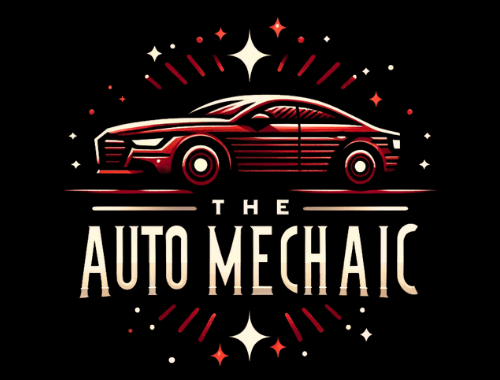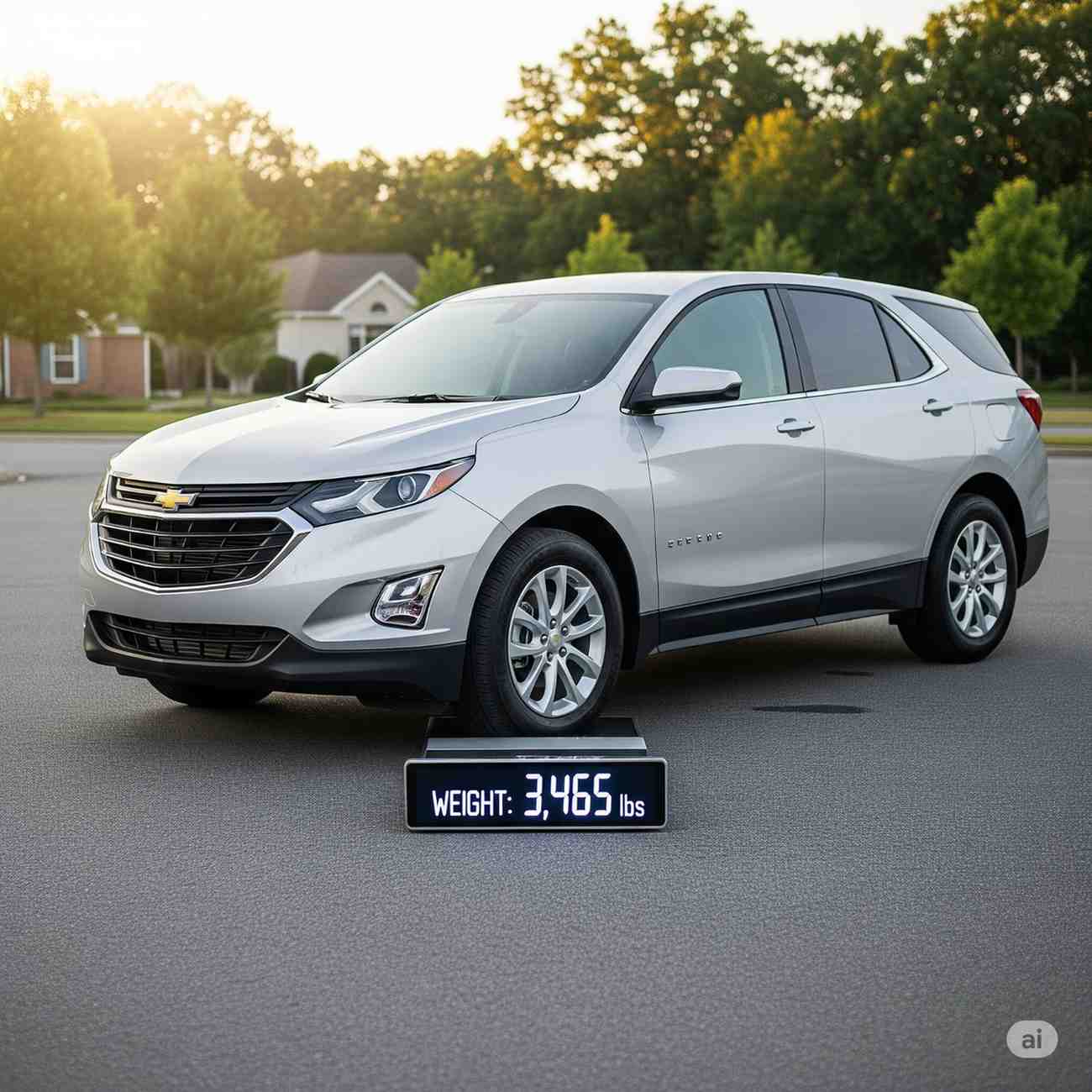When you’re purchasing for a new car, it’s easy to focus on the flashy features—things like design, performance, and how good the gas mileage is.
But there’s another important factor to consider: the weight of the car. It can have a big impact on how the car drives, how well it handles, and even how much you’ll spend on fuel. If you have got your eye on the Chevrolet Equinox, a popular choice for compact SUVs, you might be asking yourself, “How much does a chevrolet equinox weigh?”
Knowing this can help you get a better sense of its performance and efficiency. Let’s dive into the details!
Overview of the Chevrolet Equinox
The Chevrolet Equinox is a well-loved compact SUV that combines practicality, a sleek design, and solid performance, making it a favorite choice for many drivers.
Whether you are looking for something that can handle daily commutes or weekend road trips, the Equinox checks a lot of boxes.
But, when it comes to its weight, it plays a role in how the SUV handles, accelerates, and even how efficiently it uses fuel.
So, while it offers great features and a smooth ride, understanding how it is weight influences these aspects can help you make the best choice for your needs.
Factors Affecting the Weight of a Chevrolet Equinox
A Chevrolet Equinox’s weight is subject to change based on a number of important variables. First of all, the trim level you select can have an impact because more features that add weight are frequently included in higher trims.
AWD models are typically heavier because of the additional drivetrain components, so whether the car has front-wheel drive or all-wheel drive also matters.
Additionally, optional features like a sunroof, better wheels, or enhanced safety technology may add weight. All of these variables may have an impact on the Equinox’s overall weight, which may have an impact on its handling and functionality.
Chevrolet Equinox Weight by Model Year
The Chevrolet Equinox’s weight has changed slightly over time, mostly as a result of improvements in technology, materials, and design. The overall weight may change as a result of changes and enhancements made with each model year. For example, lighter, more sophisticated materials are frequently used in newer models to help reduce weight without sacrificing durability or safety.
On the other hand, the addition of new tech features and safety systems can sometimes add extra pounds. Let’s take a look at how the weight of the Equinox has evolved with each model year, and what these changes mean for the driving experience.
Chevrolet Equinox Weight for Different Trim Levels
The weight of your Chevrolet Equinox can be significantly impacted by the trim level you choose. In general, a car tends to be heavier the more advanced the trim. Upgraded interiors, bigger wheels, and more technology are among the extra features that come with higher trim levels, and they all add weight. For instance, the base L trim, which is more basic, will weigh less than the Premier trim, which has more features and luxury touches.
So, when you’re choosing a trim, it’s not just about the extra perks—you’ll want to keep in mind how those features might affect the vehicle’s overall weight and performance.
How the Chevrolet Equinox’s Weight Affects Its Performance
The weight of the Chevrolet Equinox has a big effect on how well it performs on the road. Generally speaking, a heavier car uses more fuel, which can lower its overall efficiency, especially if you drive in cities a lot. It also has an impact on how the Equinox handles corners and acceleration. Lighter models are usually more responsive and nimble, but heavier models may feel more stable but not as fast off the line.
Understanding how weight plays into these factors can help you choose the right Equinox for your driving style, whether you prioritize fuel efficiency or a smoother, more stable ride.
Comparison with Other Vehicles in Its Class
Here’s a simple comparison table to help you visualize how the Chevrolet Equinox’s weight compares to other vehicles in its class:
| Vehicle Model | Curb Weight (lbs) | Weight Class | Performance Impact |
|---|
| Chevrolet Equinox | 3,500 – 3,800 | Midweight | Offers a balance of power and efficiency |
| Honda CR-V | 3,300 – 3,500 | Midweight | Lightweight, good fuel efficiency |
| Toyota RAV4 | 3,400 – 3,700 | Midweight | Similar performance and handling |
| Ford Escape | 3,300 – 3,600 | Midweight | Agile but less stable at high speeds |
| Nissan Rogue | 3,500 – 3,700 | Midweight | Steady handling and reasonable power |
This table gives a general sense of how the Chevrolet Equinox compares to similar compact SUVs in terms of weight and its likely impact on driving performance.
Why Does Vehicle Weight Matter?
Although it may seem like a small matter, a car’s weight has a significant impact on how well it performs when driving. Although heavier cars can be less fuel-efficient and slower to accelerate, they also typically have better stability, especially at high speeds.
Conversely, lighter vehicles may feel less stable and secure but are typically faster and more agile. Safety is also impacted by weight; lighter cars may be more likely to roll over in an accident, while heavier cars typically provide greater protection.
So, understanding a vehicle’s weight helps you balance performance, efficiency, and safety.
FAQ’s
1. What trim levels of the Chevrolet Equinox are the heaviest?
- Due to extra features like larger wheels, better interiors, and more advanced technology, higher trim levels like the Premier and RS typically weigh more.
2. Does the weight of the Chevrolet Equinox affect fuel efficiency?
- Yes, the weight of the Equinox can impact its fuel efficiency. Heavier models may use more fuel, while lighter versions tend to offer better gas mileage.
Conclusion
Understanding the weight of a Chevrolet Equinox helps you figure out how well it will suit your driving habits and lifestyle.
Whether you’re after something that’s fuel-efficient, easy to handle, or feels sturdy and secure on the road, the weight plays a big part in all of that.
By keeping in mind how it affects things like gas mileage, performance, and towing ability, you’ll have a clearer idea of which Equinox model is right for you. Ultimately, the weight is just one factor, but it’s an important one to consider when making your decision.

Bruce William is a professional content writer and vehicle engineer with extensive car maintenance and repair knowledge. His expertise spans all vehicle parts, offering practical solutions for various automotive issues. Bruce provides valuable insights through his website articles to help readers maintain their cars for optimal performance and longevity.

